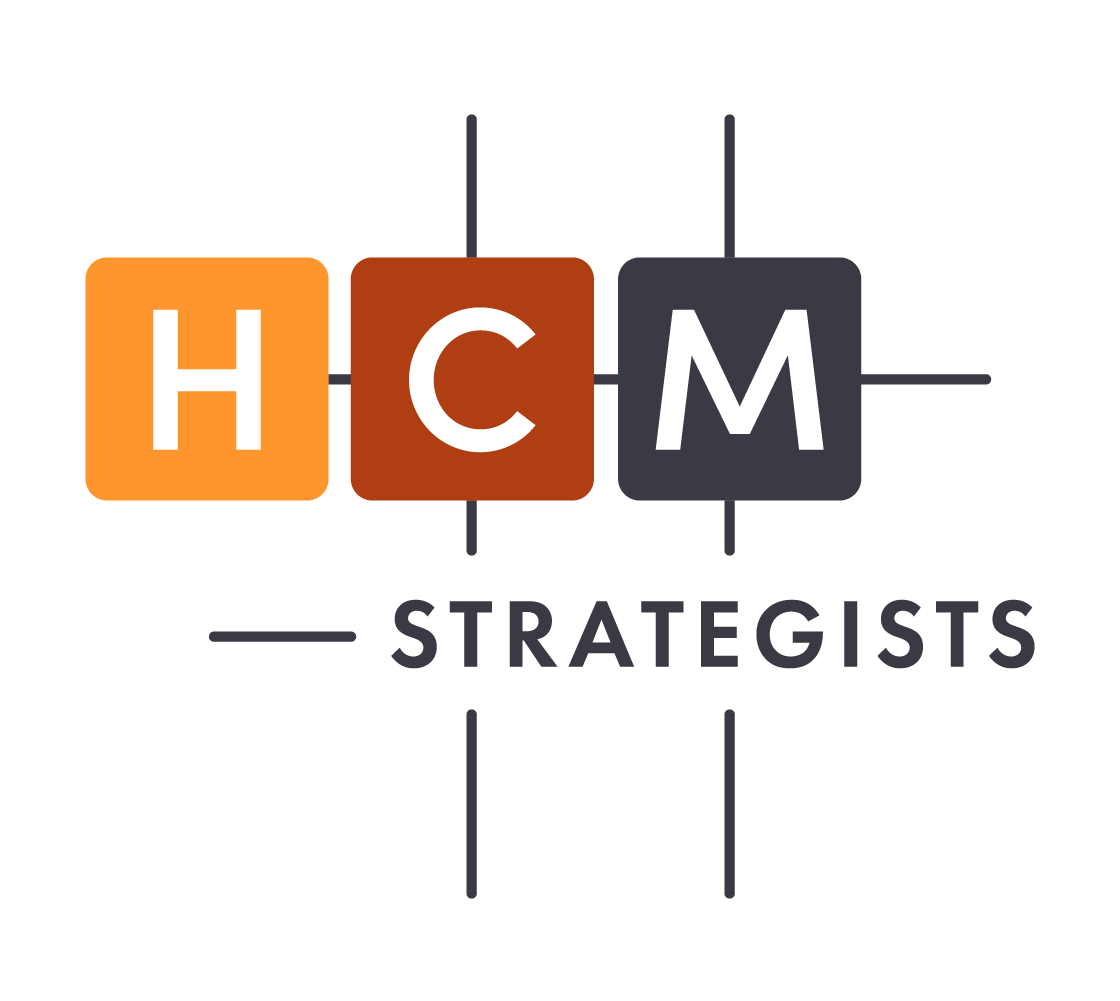Staff Spotlight: Five Questions with Julie Ajinkya, Ph.D. Get to know our Senior Advisor.
Today, get to know Julie Ajinkya, Ph.D: A Senior Advisor with HCM Strategists.
Julie specializes in research and advocacy focused on innovative models that enhance degree completion for underserved populations, including students of color, returning adults, justice-involved communities, and rural communities. Her extensive experience includes leadership roles such as Senior Vice President and Chief Strategy Officer at APIA Scholars and Vice President of Applied Research at IHEP. Julie also contributes her expertise as a Visiting Professor at Cornell’s Brooks School of Public Policy.
To learn more about Julie, please visit her LinkedIn.
We’re lucky to have a team with diverse lived experiences. Tell us about your background and how you found your way to this work
→ I grew up in an Indian immigrant household in New Jersey, and even with NJ’s diversity, I was always hyper-aware that I didn’t feel like I “belonged” anywhere. As a typical third-culture kid, I struggled with fitting in and learned how to adjust to wildly different groups of people. This often meant hiding important parts of myself (language, food, clothing), and unfortunately, meant I saw my own authentic identity as a deficit or a burden. It was my undergraduate liberal arts education that opened my eyes to the strengths of being different, and I started down a long path (that I’m still on!) to see my multifaceted identity as an asset. I was immediately drawn to student groups and organizations that recognized this as well–first as a campus activist, then a community organizer after graduation, and eventually as the educational equity researcher, instructor, and advocate I have become.
HCM is dedicated to making educational systems more accessible, affordable, accountable, and equitable. What drives you to do this work?
→ Distinguishing between equality (everyone is provided with the same resources, regardless of need) and equity (everyone is provided with resources, according to their need) has been central to my work for the past two decades. Yet, it now seems the nation is backsliding to an era where states and campuses are afraid even to utter the word equity, let alone reimagine their educational systems to prioritize it. This makes me more resolved than ever to help higher education understand what it means to be an engine of opportunity for everyone instead of holding on to an outdated system that exacerbates wealth inequality, exclusion, and discrimination.
Is there a particular data point that animates your work right now and what is it? Why?
→ Today, one in five college students is also a parent, yet they are a largely invisible population. Common sense tells us that these students are some of the most motivated to succeed because of the impact education has on their entire families, and research bears this out. Data show that parent students outperform their peers when they receive institutional support like financial assistance, scheduling flexibility, and family-friendly campus cultures. Helping parent students succeed drives me because the experience of being both a student and a parent at different times in my life helps me see how college is rarely designed to support individuals who want to be both simultaneously.
Policy or leadership? What do you think comes first?
→ I’m not sure I see policy and leadership as things that can be ordered. Strong leadership can envision a future full of opportunities that don’t necessarily include the leaders themselves. I see policy as the tool that helps leaders build that future and institutionalize certain values and priorities they hope will exist long after they are gone.
When not working, what can people find you doing?
→ When I'm not working, you can find me cooking new recipes, writing about food and culture, hosting gatherings to bring friends and loved ones together, or making something messy with my two creative, crafty sons.

